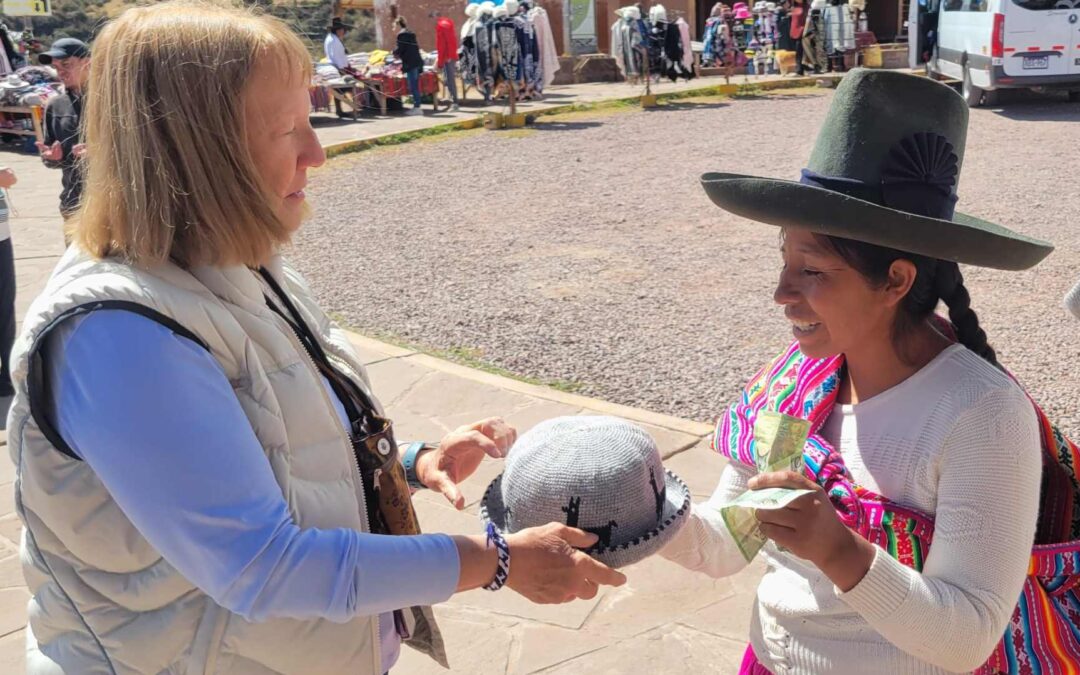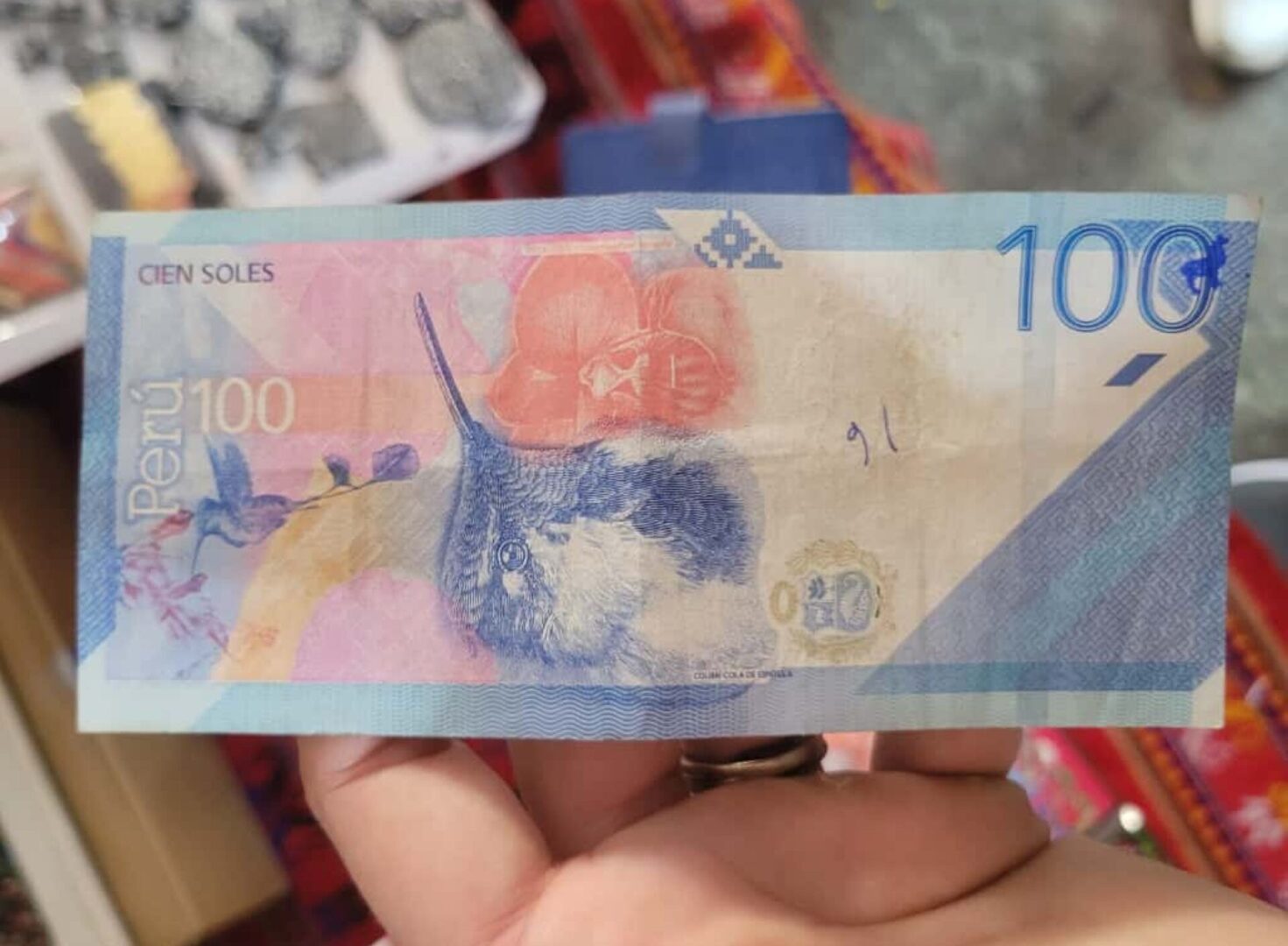Traveling solo or in a group is amazing — until your card gets declined or your cash is worthless. Whether you’re into solo female travel money tips or planning an adventure with friends, here’s a no-fluff guide to safe payment methods abroad so you don’t sweat it while exploring the world.
Choosing & Using Credit Cards Abroad: Types of Cards That Work Best
• Visa vs Mastercard International — These are generally your safest bet. Both are widely accepted worldwide, even in smaller towns and remote areas.
• American Express Overseas Acceptance — Great as a backup but often less accepted in rural places or small family-run shops.
• Discover, Diners Club, or Other Niche Networks — These have limited international reach, so don’t rely solely on them for overseas payments.
Avoiding Hidden Costs: Foreign Transaction Fees & DCC
• Foreign transaction fees explained: Many U.S. cards charge 1%–3% on purchases made overseas. This can add up quickly if you’re not careful. Look for a travel-friendly credit card with no foreign transaction fees.
• Avoid Dynamic Currency Conversion (DCC): This happens when a merchant offers to convert your bill into USD at checkout. It sounds convenient, but it usually comes with extra markups and poor exchange rates.
Always choose to pay in the local currency when given the option — your card issuer will typically give you the best conversion rate.
Preparation Before You Leave
• Set or confirm your PIN: Some countries, especially in Europe and Asia, require a PIN even for “chip and sign” cards.
• Review your card’s international terms: Know your card’s cash advance fees and policies.
• Update your bank: Some issuers still recommend notifying them of your travel to avoid fraud flags, though many major issuers like Chase use real-time fraud detection instead.
• Set up transaction alerts to spot fraud immediately.
• Carry at least two cards in case one gets lost, blocked, or isn’t accepted at a merchant.
When Cards Might Be Declined
• Suspicious overseas transactions triggering a security hold.
• Your card network isn’t supported by the local merchant (common for Amex or Discover).
• Payment attempted in USD using DCC, which can cause system issues.
• Card issuer doesn’t support chip + PIN in countries where it’s mandatory.
Exchanging U.S. Dollars Abroad & Carrying Cash
Even in a card-first world, carrying cash when traveling overseas is smart for tipping, remote areas, or small vendors.
Why Newer, Crisp Bills Matter
• While all U.S. Federal Reserve notes are legal tender, many foreign banks and money changers refuse old, worn, or damaged bills.
• In parts of Africa, Asia, and Latin America, bills with creases, stains, or marks may be rejected outright.
• Bring crisp, recent bills, ideally printed after major design updates (post-2009).
Best Way to Get Foreign Currency
• Avoid airport exchange counters — they tend to have the worst rates and highest fees.
• ATMs overseas often offer competitive rates through your bank’s network. Just be aware of international withdrawal fees.
• Local banks and trusted exchange houses usually provide better rates than tourist-area money changers.
• Compare against the mid-market rate (apps like XE or OANDA). If the difference is more than 2-3%, the rate is unfavorable.
• Keep receipts for conversions to track travel expenses and convert leftover currency later.
Safety Tips & Smart Money Habits for Women Travelers
Solo female travel money tips:
- Use credit cards instead of debit cards for purchases to protect your bank account from fraud.
- Inspect ATMs for tampering or skimming devices.
- Keep digital copies of all important documents and card numbers in case of loss or theft.
- Limit the amount of cash you carry. Split cash and cards across different bags or pouches.
- Track charges with mobile banking and freeze your card immediately if suspicious activity occurs.
- Stick to safe payment methods abroad like reputable ATMs, contactless cards, and secure payment apps.
In Summary
- Handling money while traveling doesn’t have to be stressful!
- Choose Visa or Mastercard for the best international acceptance, and avoid cards with foreign transaction fees.
- Know about foreign transaction fees explained by your issuer before departure.
- Watch out for Dynamic Currency Conversion (DCC) — always pay in the local currency.
- Carry clean, recent U.S. bills and exchange them at trusted banks or ATMs for the best way to get foreign currency.
- Use safe money habits like splitting cards, using alerts, and keeping backup options.
Now that you are a more prepared traveler, SHARE this blog with someone you know that may be traveling soon! Safe Travels!
Ready for your next adventure?
See all of our Women’s Tours HERE



